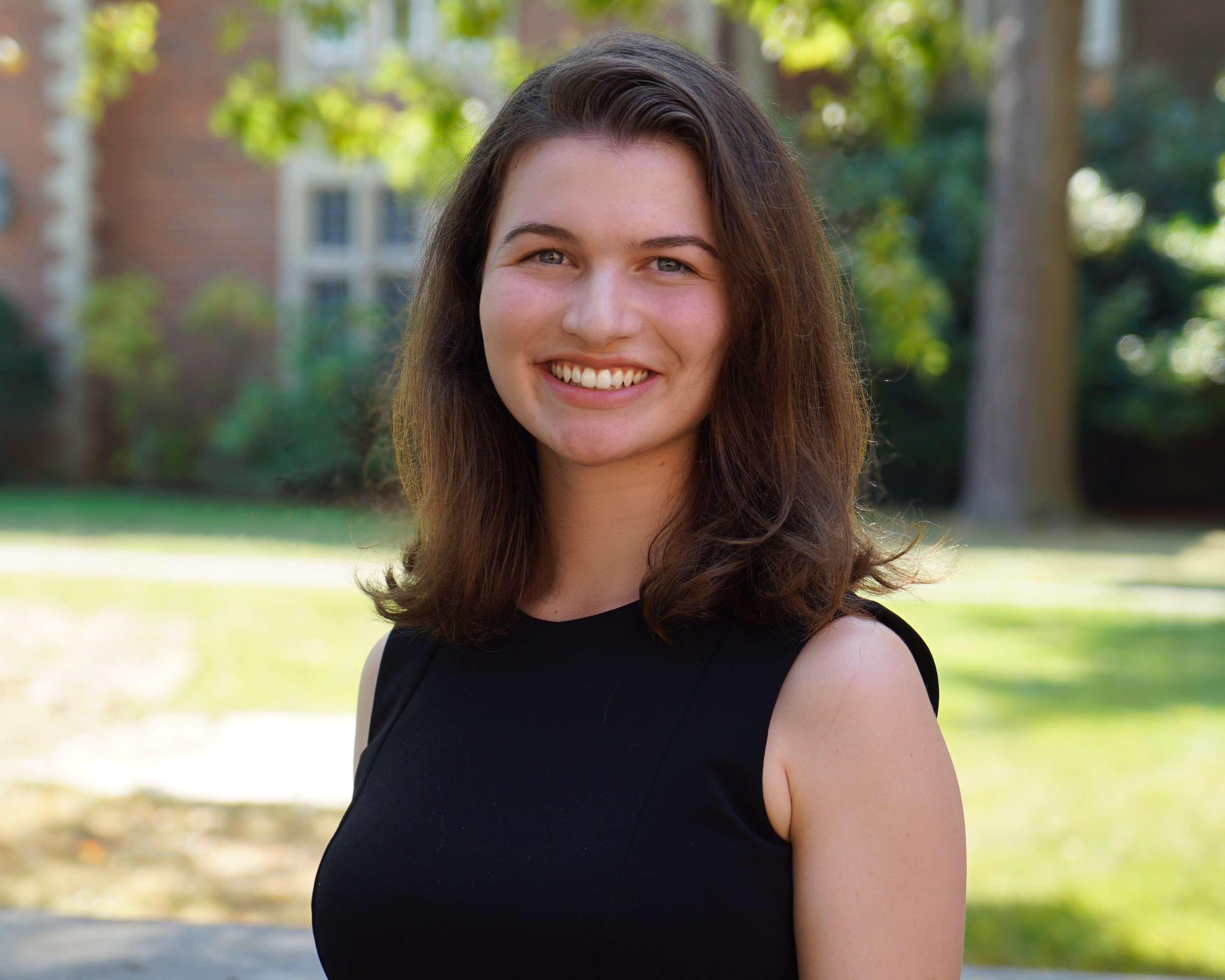 |
The UMD civil and environmental engineering department congratulates the winners of the 2023 Best Doctoral and Master’s Research Awards. Songhua Hureceived the Best Doctoral Research Award for his dissertation, A Big-Data-Driven Framework for Spatiotemporal Travel Demand Estimation and Prediction. His advisor is Dr. Paul Schonfeld.
Linda Waters, meanwhile, won the Best Master's Research Award for her thesis, When Federal Disaster Aid Doesn't Suffice: An Analysis Considering Diaster Aid Relief Relative to Sustained Damage. Her advosor is Dr. Allison Reilly.
 Songhua Hu Songhua Hu
A Big-Data-Driven Framework for Spatiotemporal Travel Demand Estimation and Prediction.
Traditional travel demand models heavily rely on travel surveys, simplify future demand forecasting, and show low sensitivity in response to spatiotemporal dynamics. This study addresses the limitations of traditional travel demand models by proposing a deep-learning-driven framework based on mobile device location data (MDLD) for estimating and predicting large-scale travel demand. The framework encompasses multiple components, including parsing raw MDLD to extract trip rosters and estimate population flow, examining relations between population flow and its determinants using explainable machine learning (EML) models, and developing a Multi-graph Multi-head Adaptive Temporal Graph Convolutional Network (Multi-ATGCN) for citywide population flow forecasting. At the individual level, a Hierarchical Activity-based Framework (HABF) is introduced to predict the activity, departure time, and location of the next trip, incorporating both internal and external information. The study demonstrates the feasibility and reliability of data-driven travel demand estimation and prediction through analyses on real-world datasets.
Linda Waters
When Federal Disaster Aid Doesn't Suffice: An Analysis Considering Diaster Aid Relief Relative to Sustained Damage.
 The level of outlays that individuals and communities receive following a disaster strongly influences the rapidity and the degree to which they recover. While there is no prescribed formula for the level of aggregate federal aid a community will receive, one might expect it to be relatively proportional to the amount of damage sustained. In actuality, the fraction of damages that are restituted by federal disaster aid (which we call “federal disaster coverage”) is highly variable. In this research, we investigate the county-level correlates of federal disaster coverage by asking (1) What community and hazard characteristics are important predictors of counties that receive aid but that do not incur damage? and (2) Where damage is reported, what community and hazard characteristics in a county influence federal disaster coverage? Our findings suggest disparities in disaster loss reporting and federal aid disbursement among counties. In particular, areas with higher social vulnerability have potentially more unreported damage and areas with lower local capacities receive less federal disaster coverage overall. The level of outlays that individuals and communities receive following a disaster strongly influences the rapidity and the degree to which they recover. While there is no prescribed formula for the level of aggregate federal aid a community will receive, one might expect it to be relatively proportional to the amount of damage sustained. In actuality, the fraction of damages that are restituted by federal disaster aid (which we call “federal disaster coverage”) is highly variable. In this research, we investigate the county-level correlates of federal disaster coverage by asking (1) What community and hazard characteristics are important predictors of counties that receive aid but that do not incur damage? and (2) Where damage is reported, what community and hazard characteristics in a county influence federal disaster coverage? Our findings suggest disparities in disaster loss reporting and federal aid disbursement among counties. In particular, areas with higher social vulnerability have potentially more unreported damage and areas with lower local capacities receive less federal disaster coverage overall.
June 20, 2023
|

